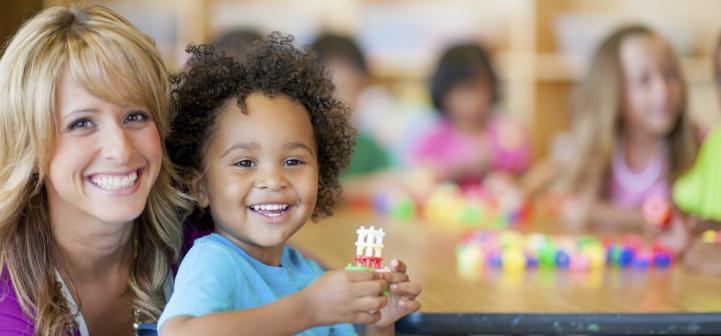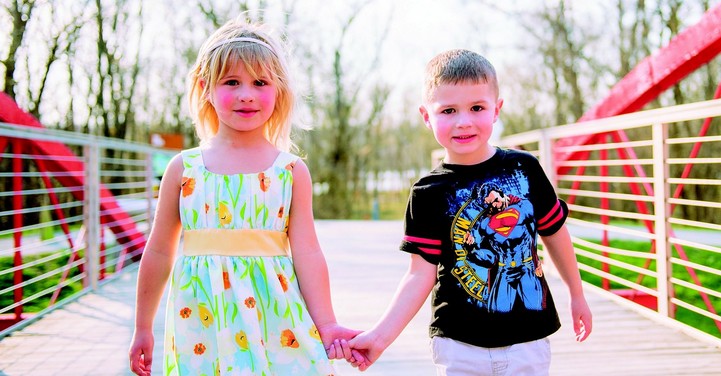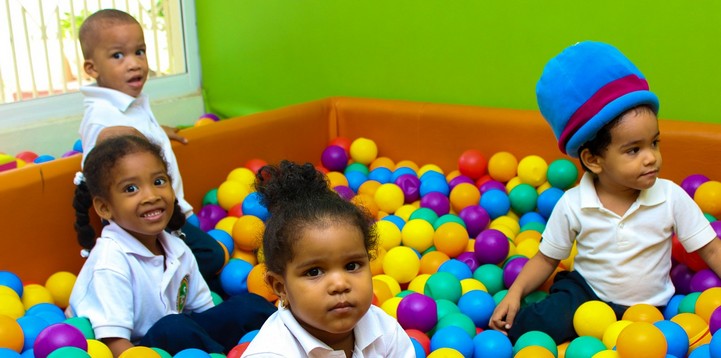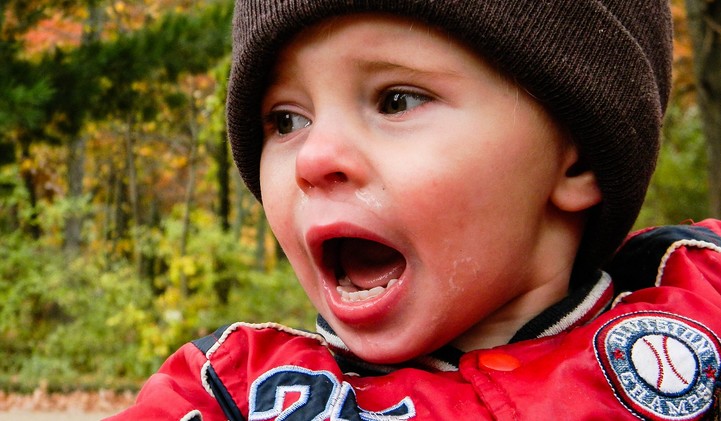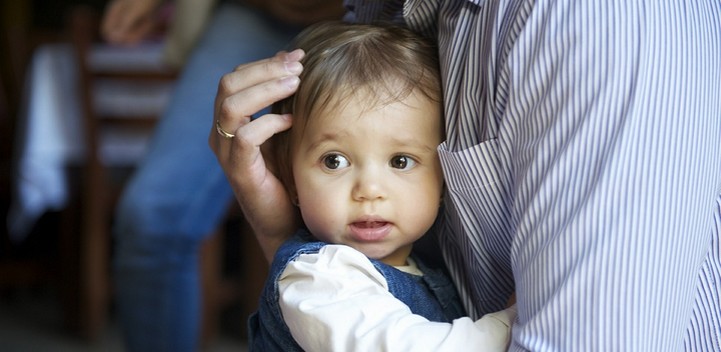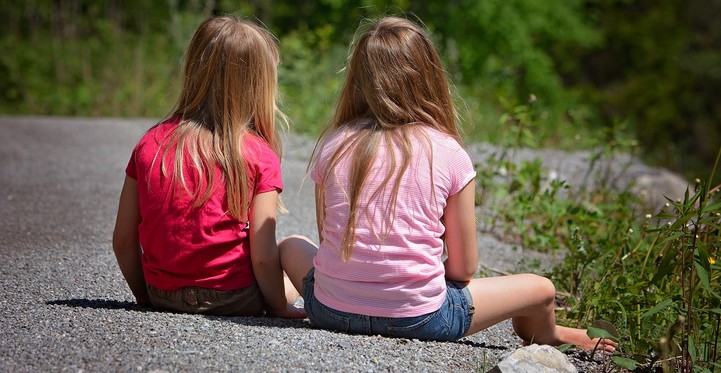
The early elementary years are an important time for social and emotional development. During the early school years, having friends, whether they are special friends or best friends, is very important. Children at this age level want to be able to fit in with their peers and may prefer to play with their own gender for awhile. This is also a time where children begin to show interest in the rules and whether or not something is done “right.” The …
